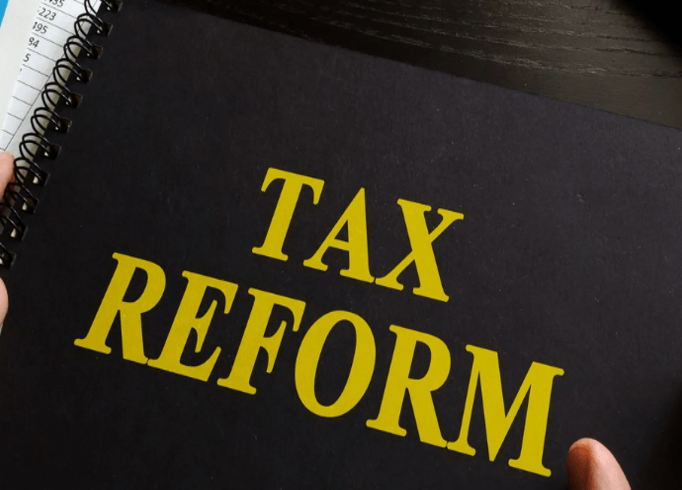In what many are calling the boldest fiscal shift in decades, the Nigerian government has unveiled a sweeping tax reform that will exempt 97% of informal businesses from taxation—a move set to unleash massive economic relief for millions of small-scale traders, artisans, and grassroots entrepreneurs.
With over 30 million Nigerians operating outside the formal economy, the new law, spearheaded by the Presidential Fiscal Policy and Tax Reforms Committee (PFPTRC), is expected to restructure the tax landscape and empower low-income earners to thrive without fear of oppressive levies.
“Don’t Tax the Hustle”: The New Mindset
According to Taiwo Oyedele, chair of the tax reforms committee, informal businesses making ₦25 million or less annually will be completely exempt from all forms of tax—including company income tax, VAT, withholding tax, and even PAYE for their workers.
“Chasing micro businesses to pay tax is wickedness,” Oyedele said pointedly during a public policy event in Lagos. “We must allow them to grow first before enforcing taxes.”
What Else Is Changing?
The reforms don’t just stop at informal businesses. Here’s what the new tax code has in store:
Individuals earning ₦800,000 or less yearly will no longer pay personal income tax.
SMEs with revenue under ₦100 million get simplified tax compliance frameworks, while those below ₦25 million enjoy zero company income tax.
Withholding tax overhauled: Small businesses, farmers, and local manufacturers are now exempt, with reduced rates for others—especially those operating on slim margins.
Full digitization: TINs will now link with NIN and BVN to clean up data, reduce fraud, and create a single, smart tax ID system.
From Oppression to Opportunity
For decades, Nigeria’s tax structure has crushed small businesses under the weight of multiple taxation, often demanded by federal, state, and local authorities—and sometimes, illegal collectors. The current reforms aim to harmonize tax codes, eliminate duplicity, and inspire voluntary compliance.
On social media, Nigerians welcomed the news with cautious optimism. One user on Reddit noted: “Less than 30% of Nigerians currently pay taxes. These new rules won’t just ease burdens—they’ll build trust.”
The Bumpy Road Ahead
Not everyone is celebrating yet. Experts warn that policy without execution is just paperwork.
Will state governments comply, or resist?
Can digital systems be efficiently rolled out nationwide?
Will there be infrastructure and credit access to back up the exemptions?
Without proper enforcement and complementary reforms like inflation control and affordable financing, critics fear the law could become another shelved promise.
A New Fiscal Dawn—or Just Another Hope?
This reform isn’t just a tax break—it’s a mindset shift. It says to Nigeria’s informal sector: “We see you. We trust you. We’re giving you room to grow.” That alone could be the fuel many need to formalize, expand, and contribute more meaningfully to the economy.
If successfully implemented, this could mark the start of a truly inclusive tax regime—one that doesn’t punish hustle but powers it.
